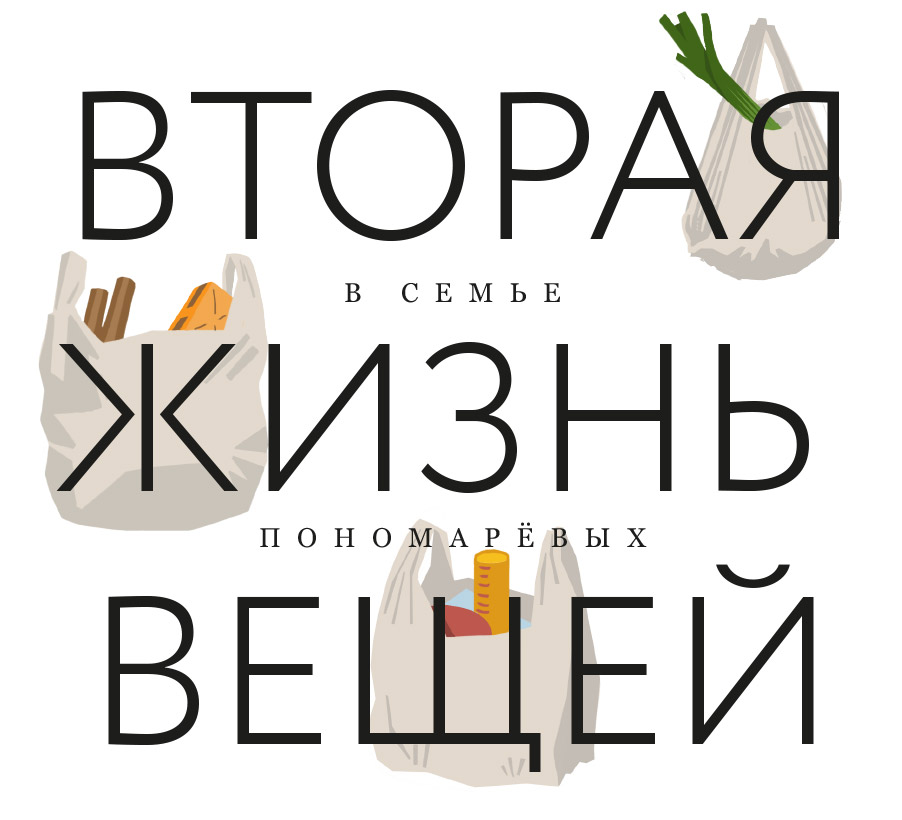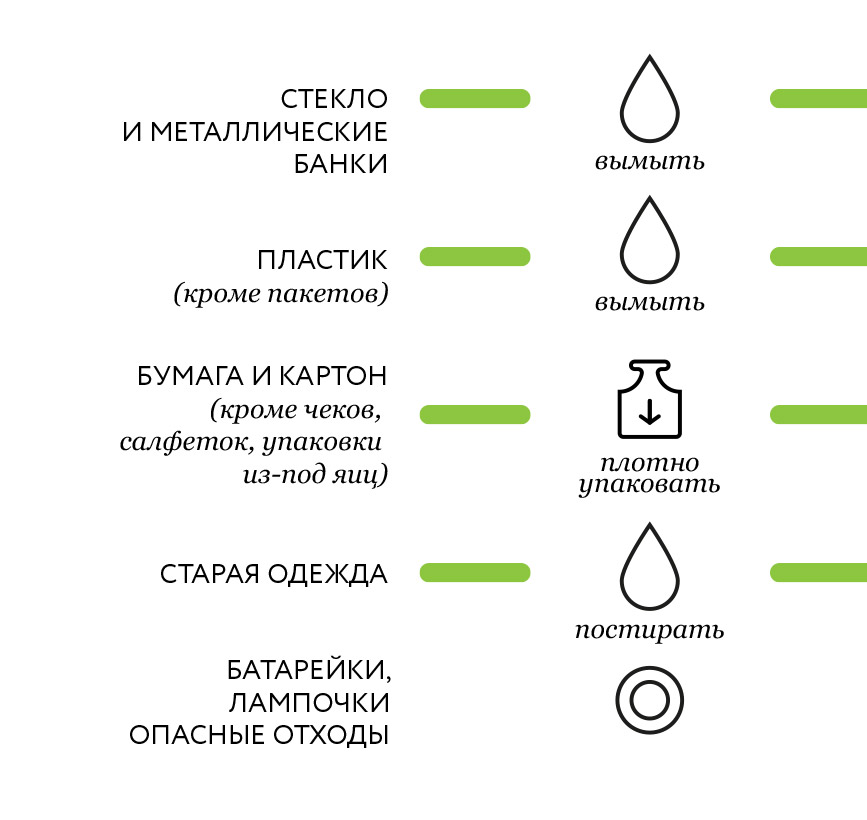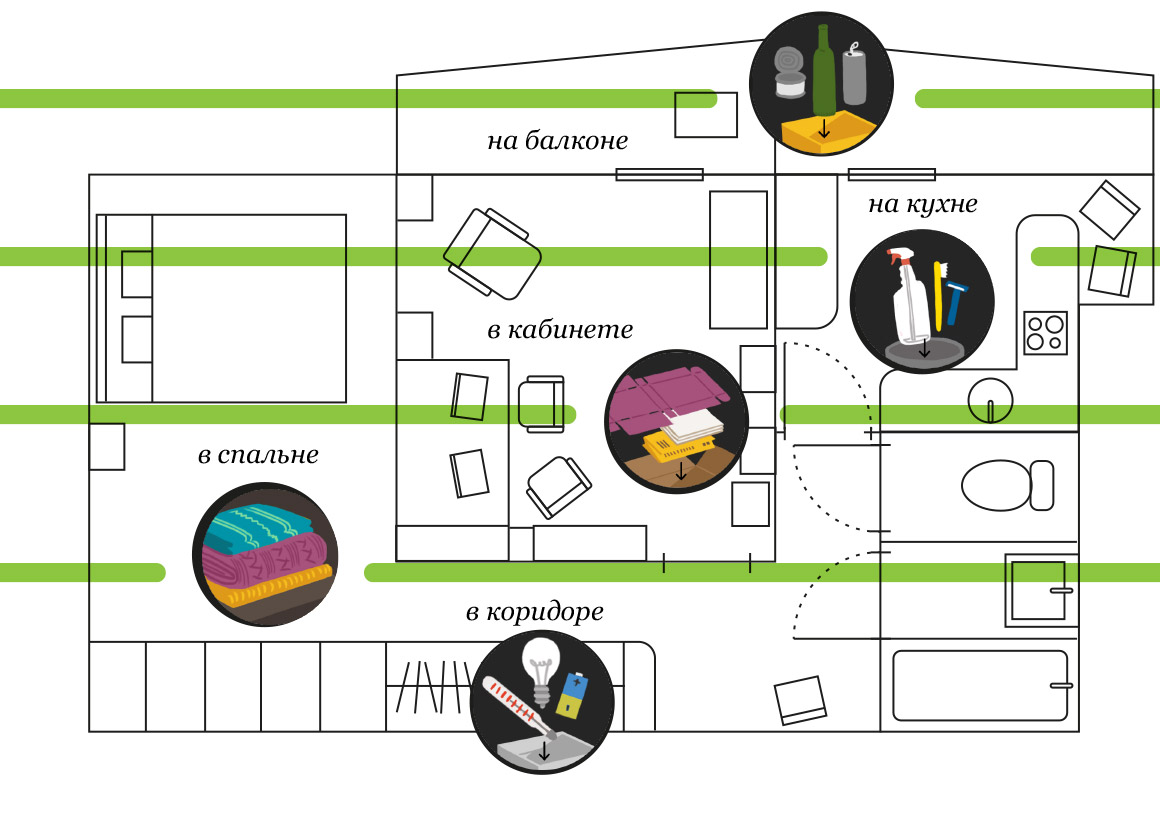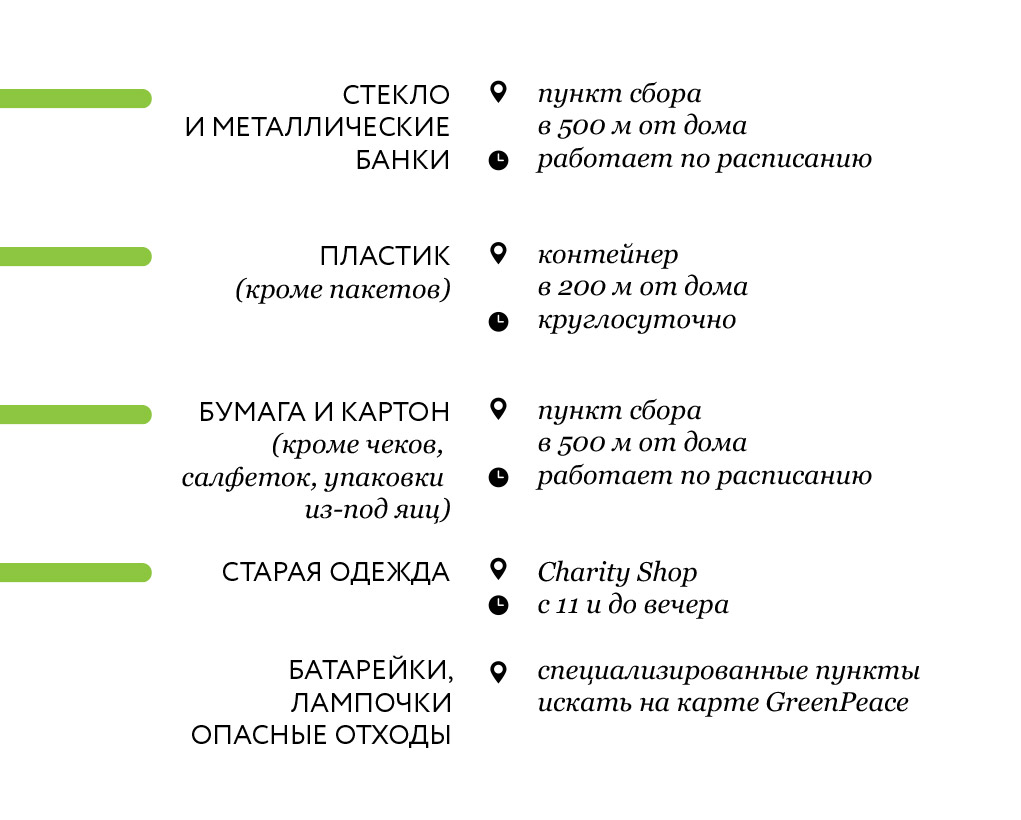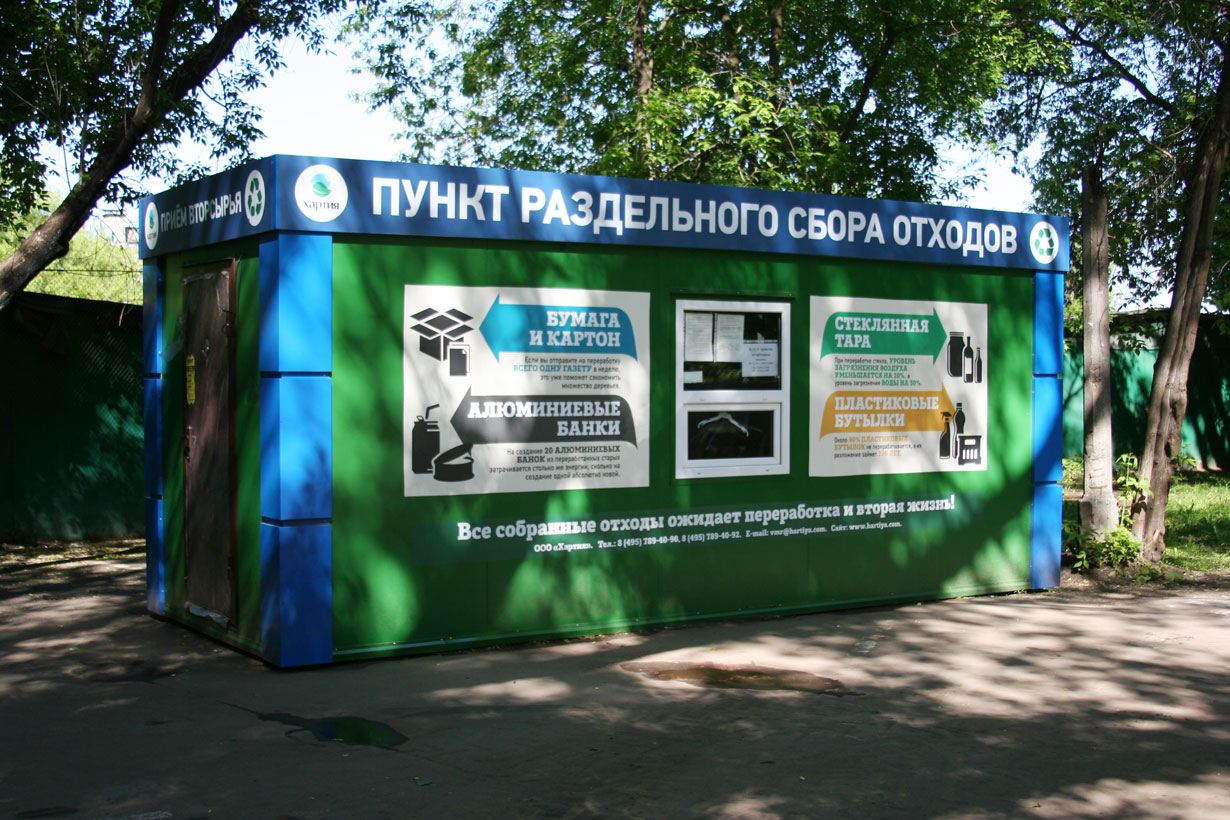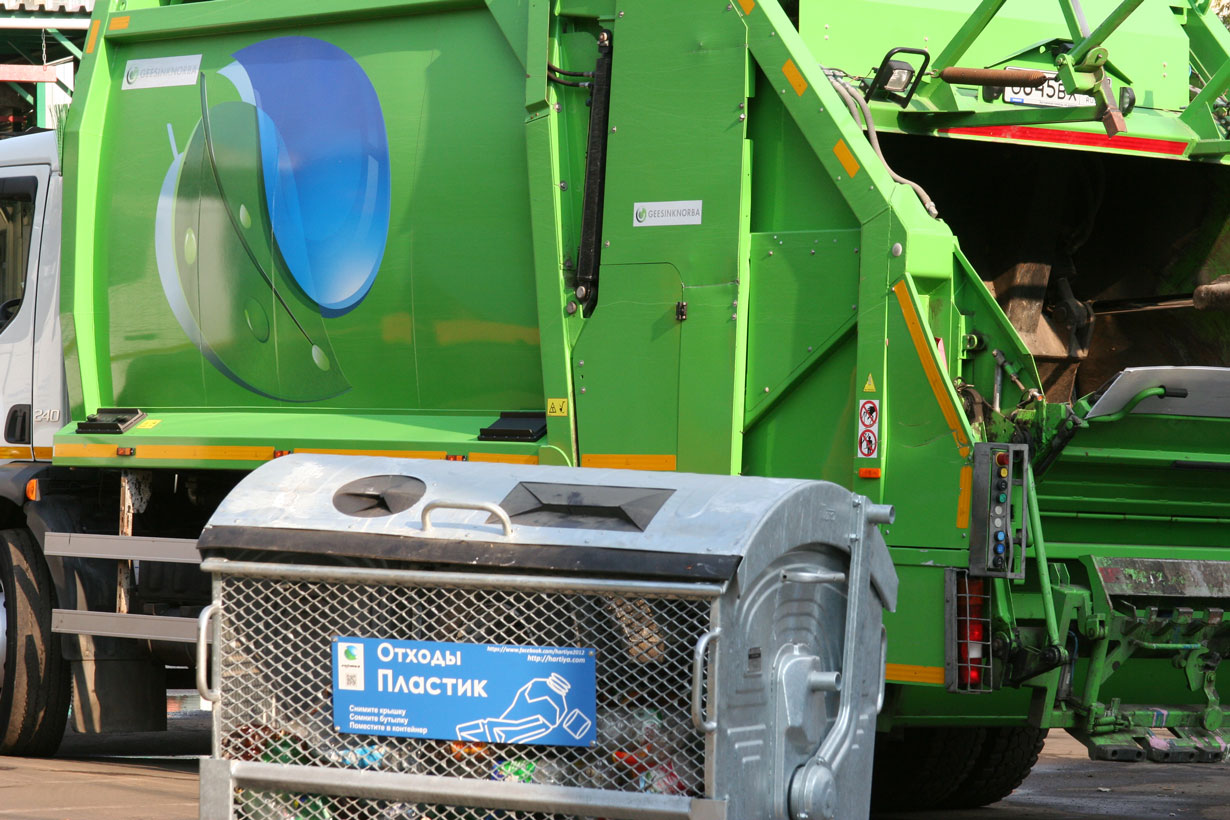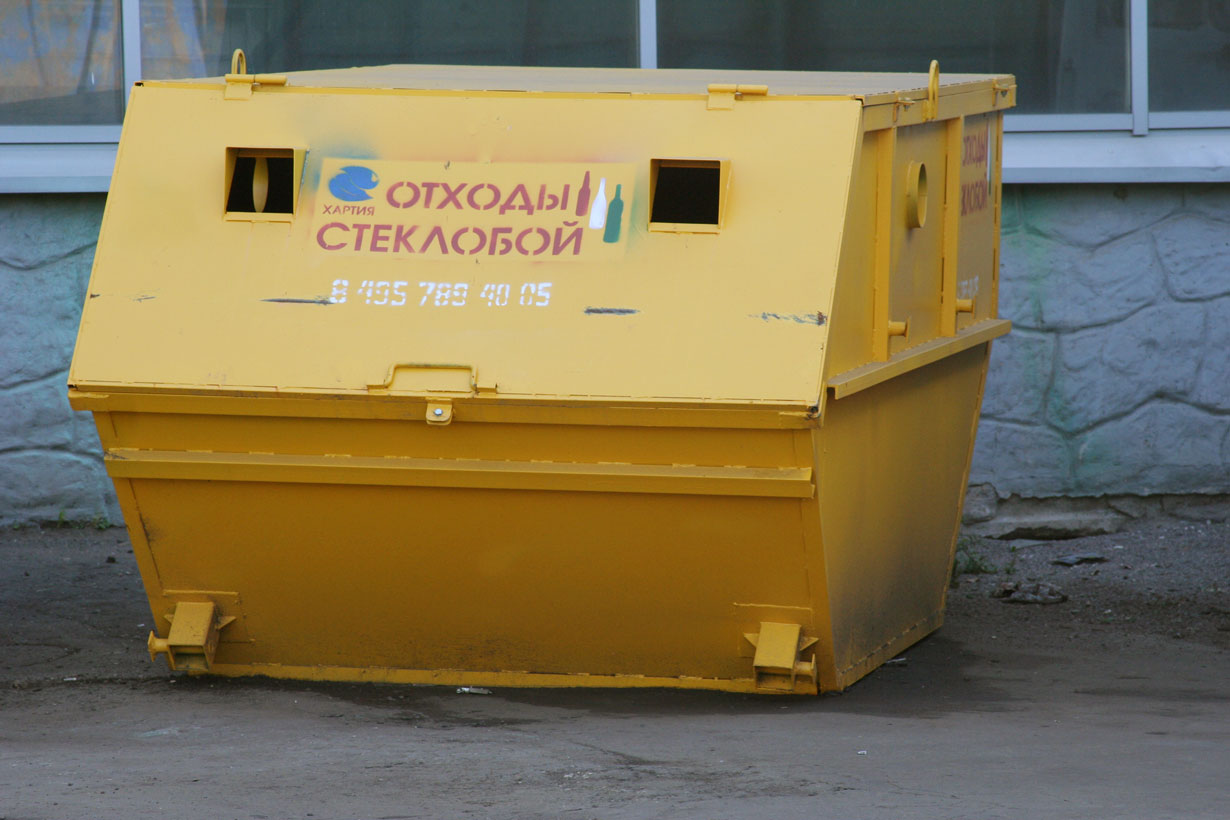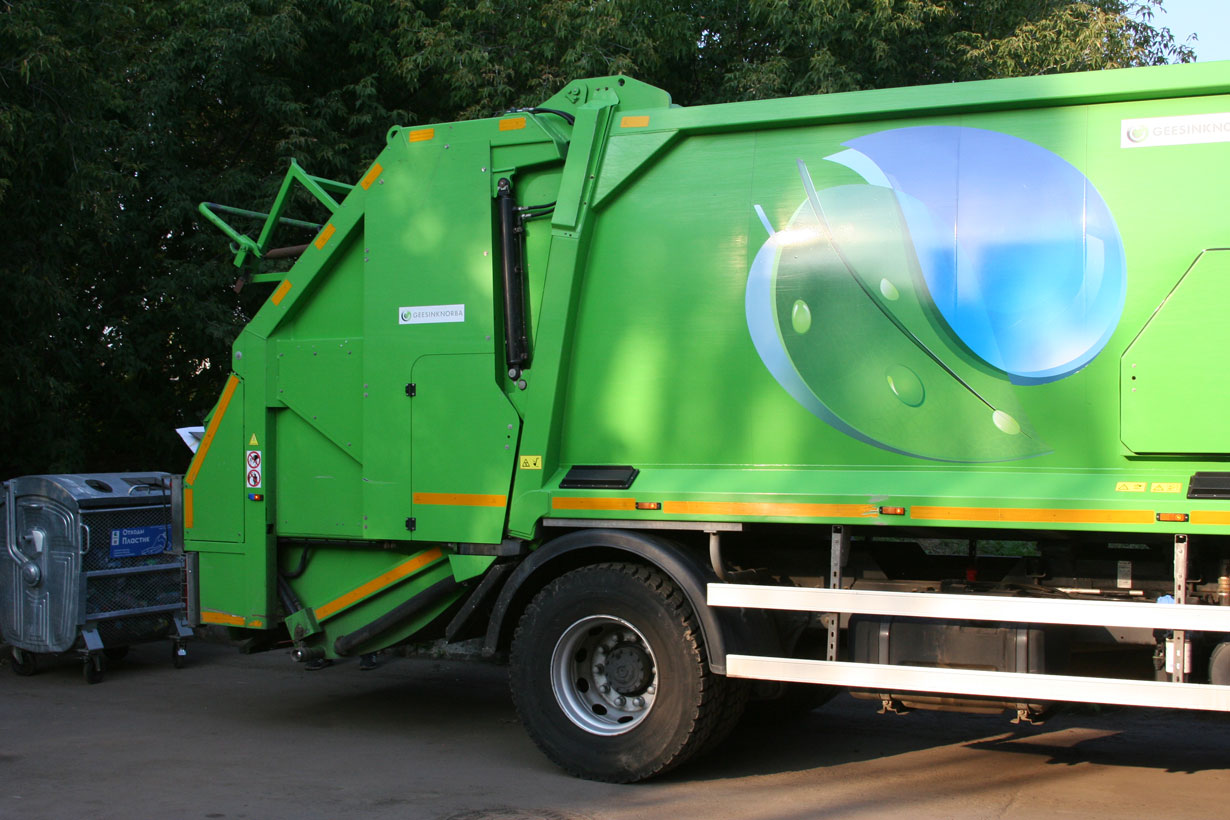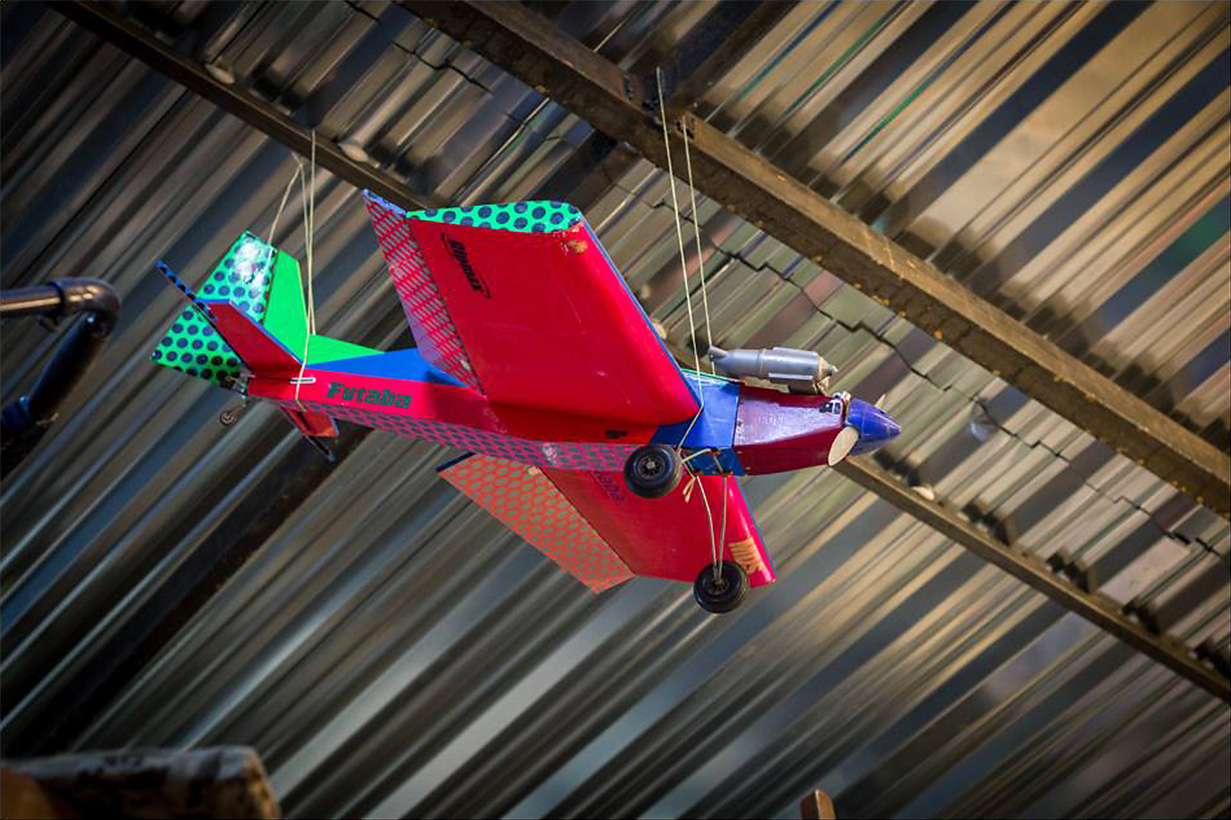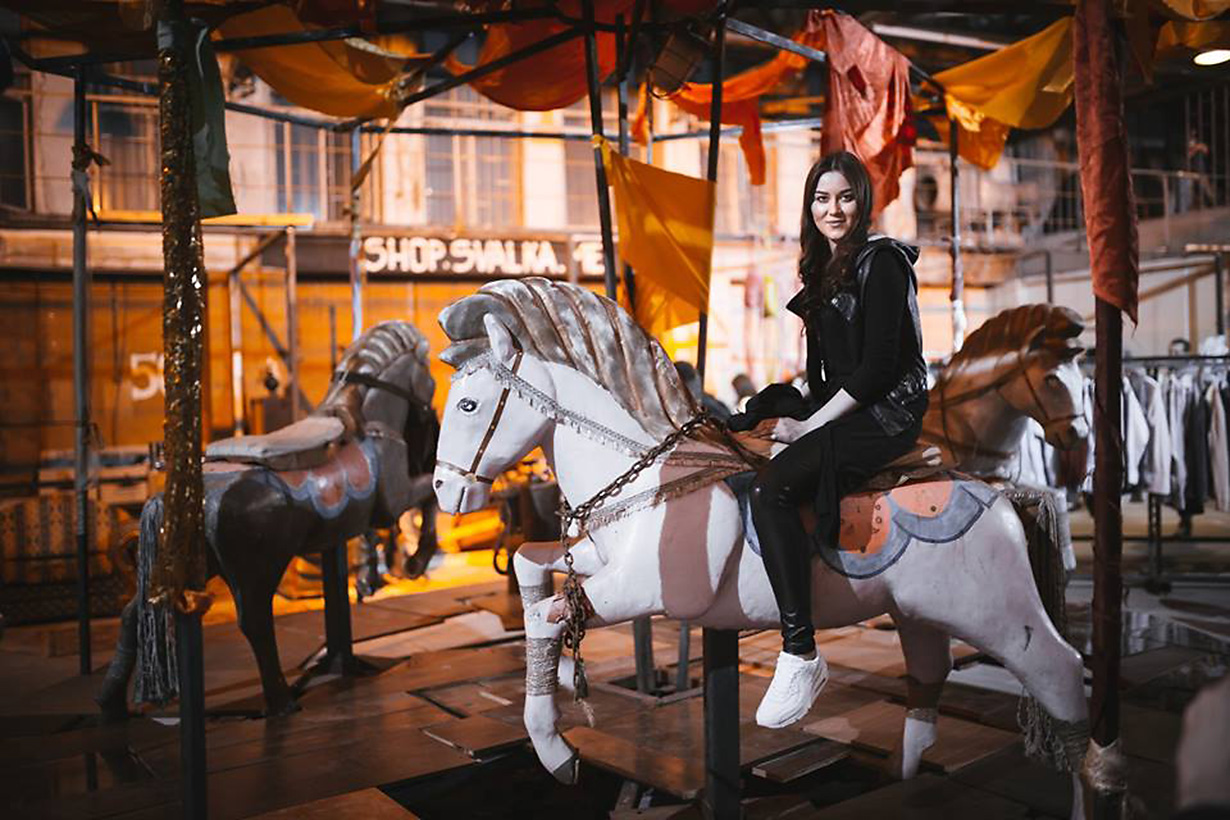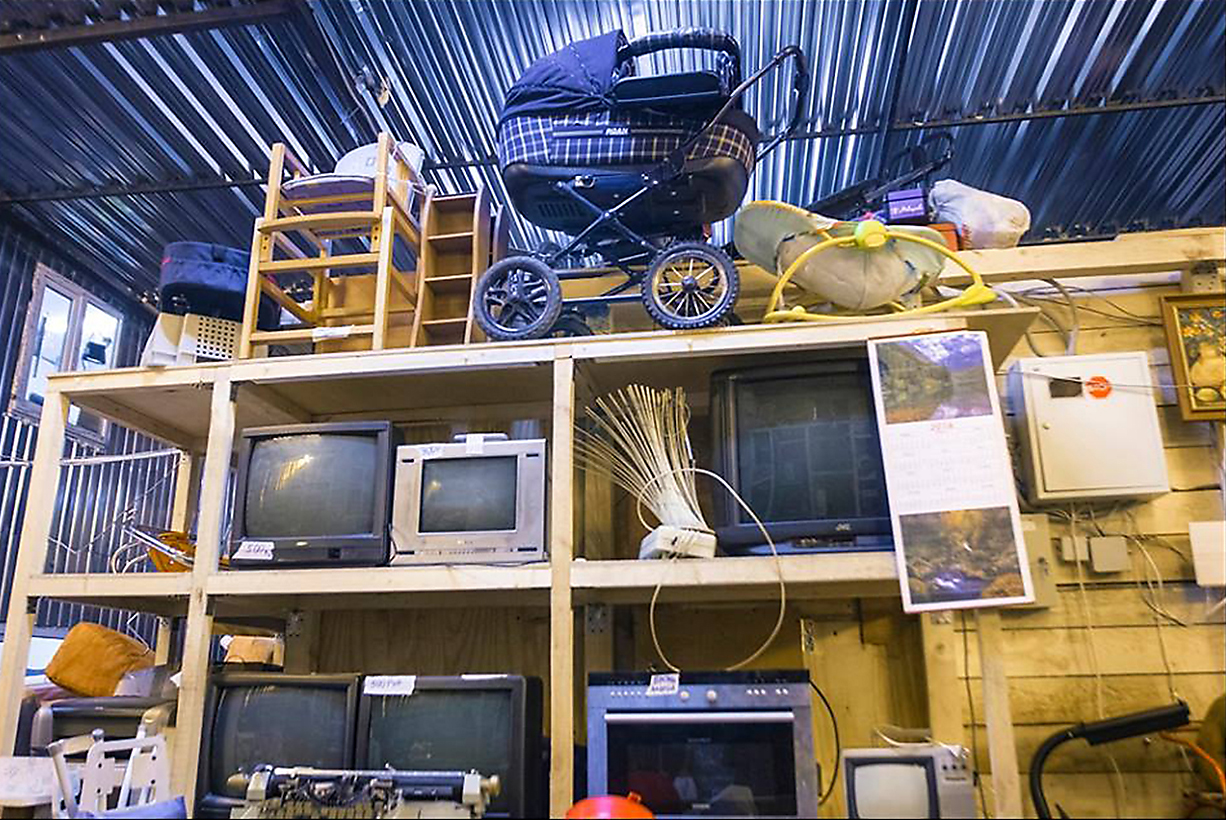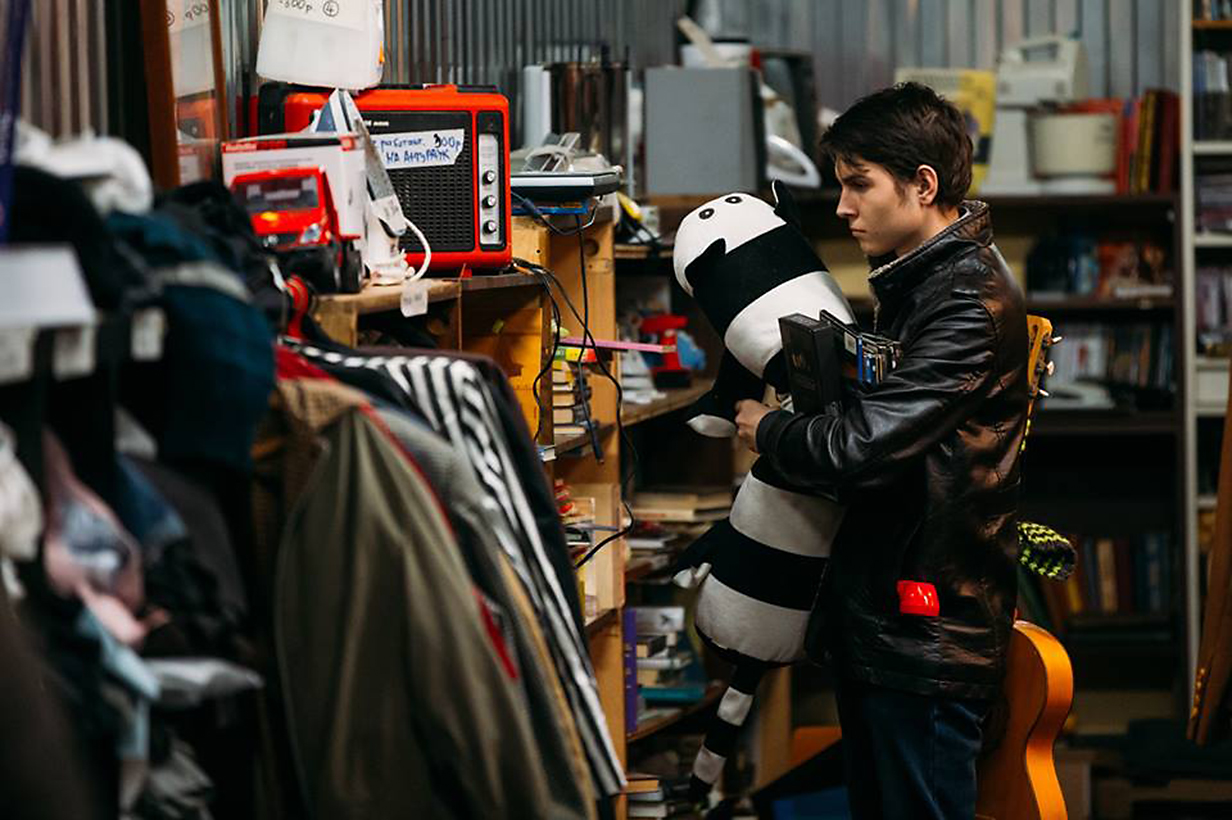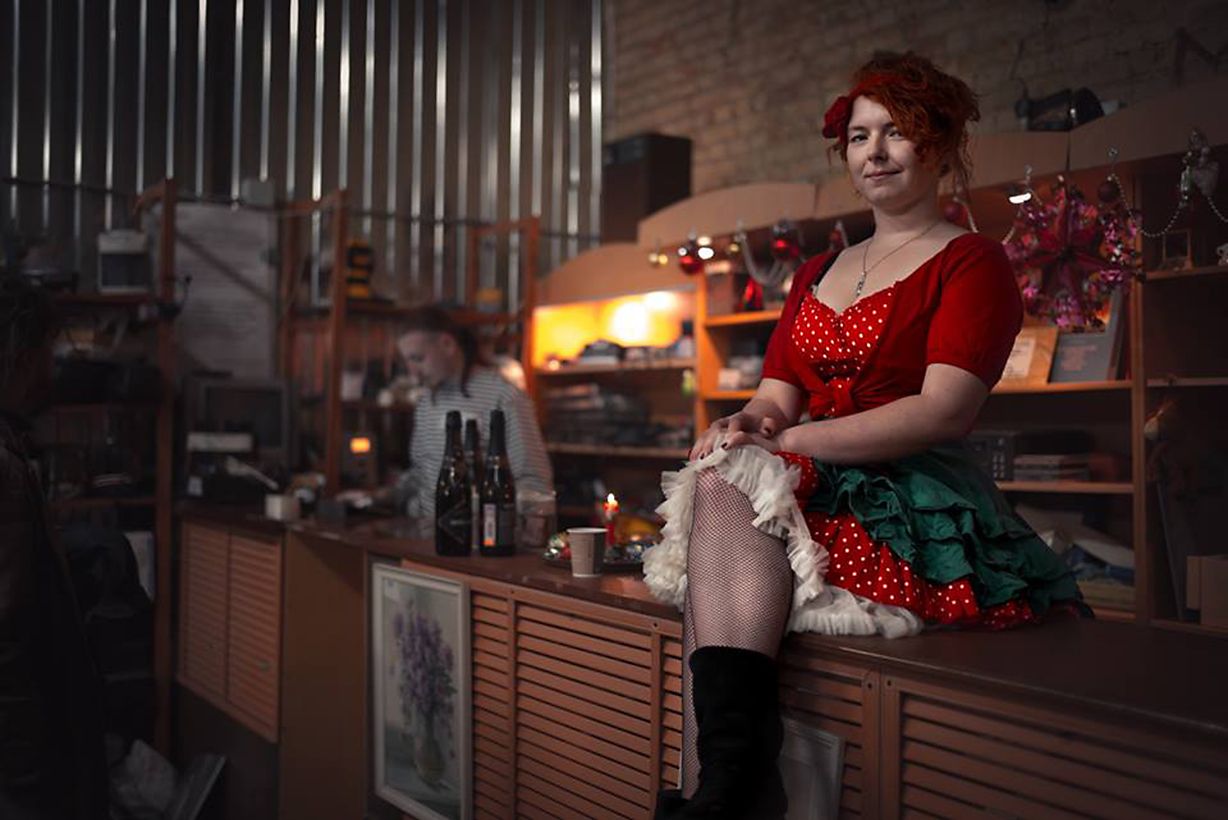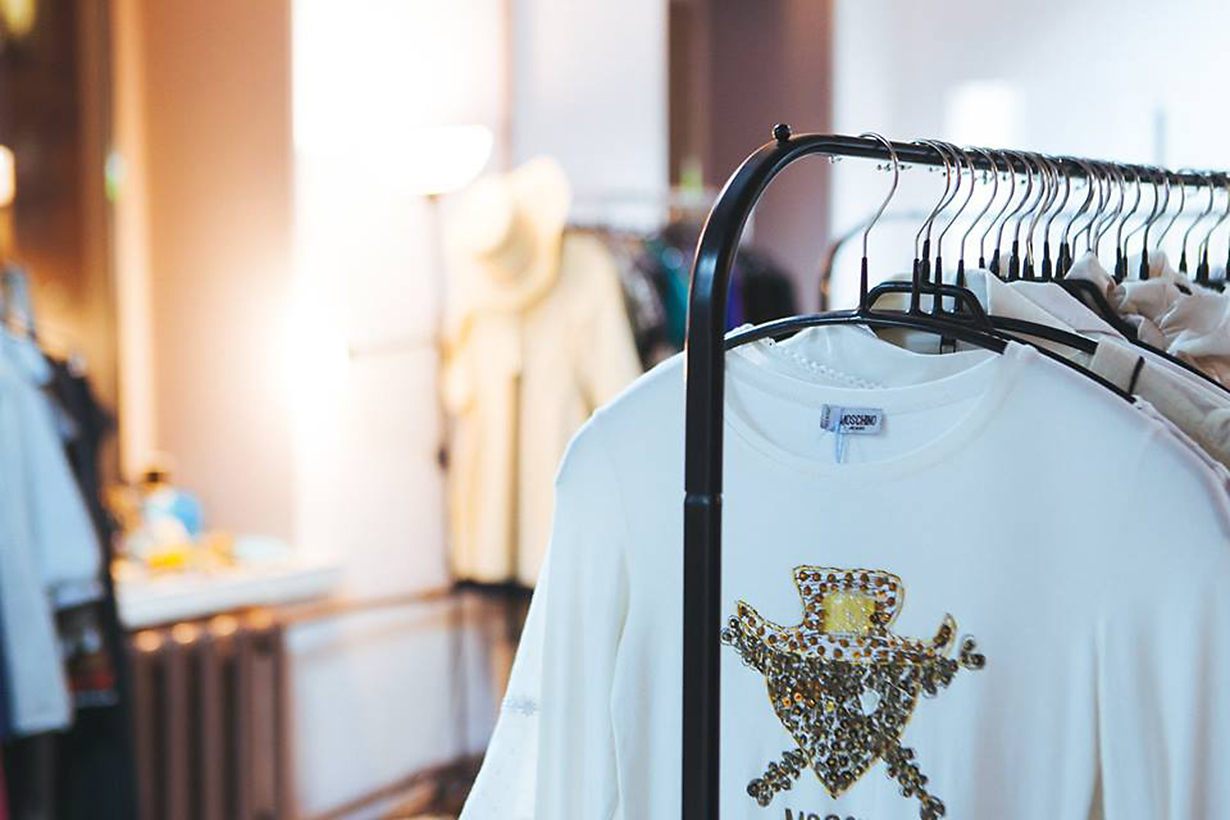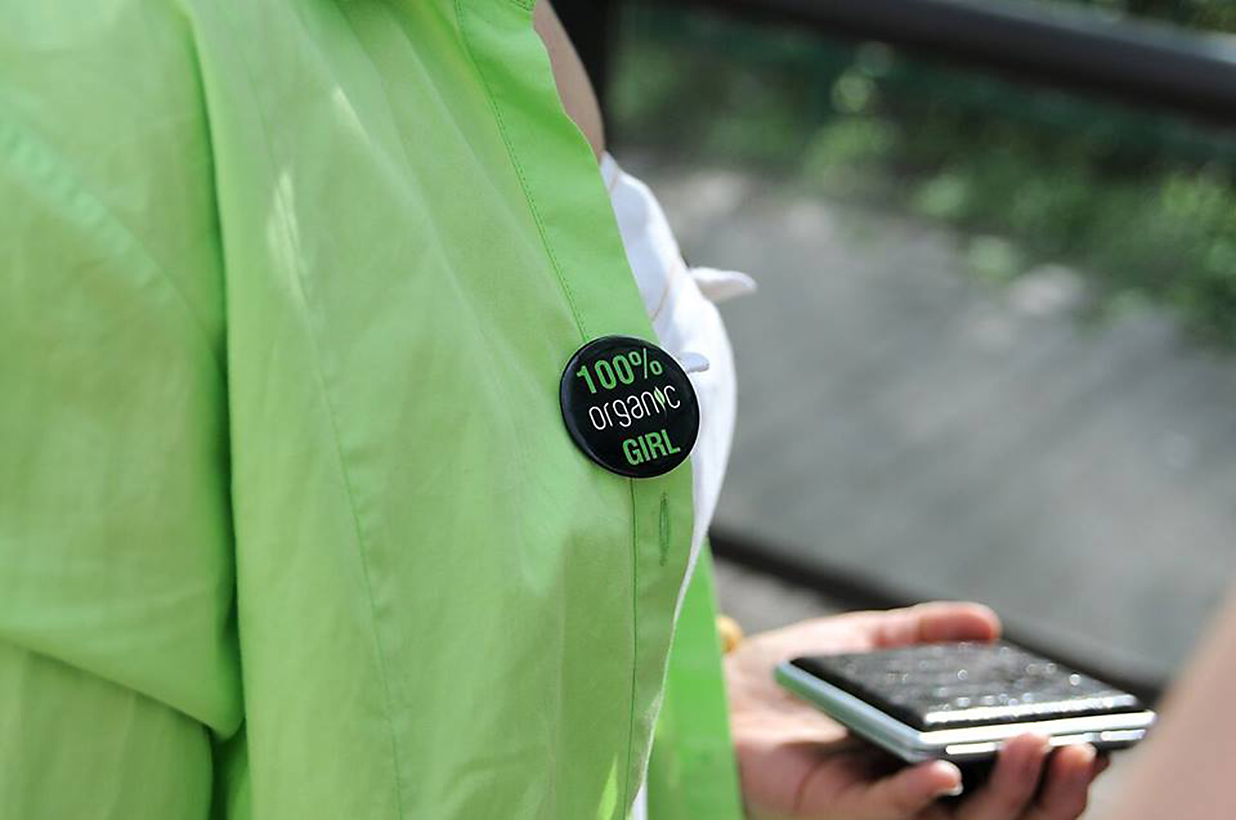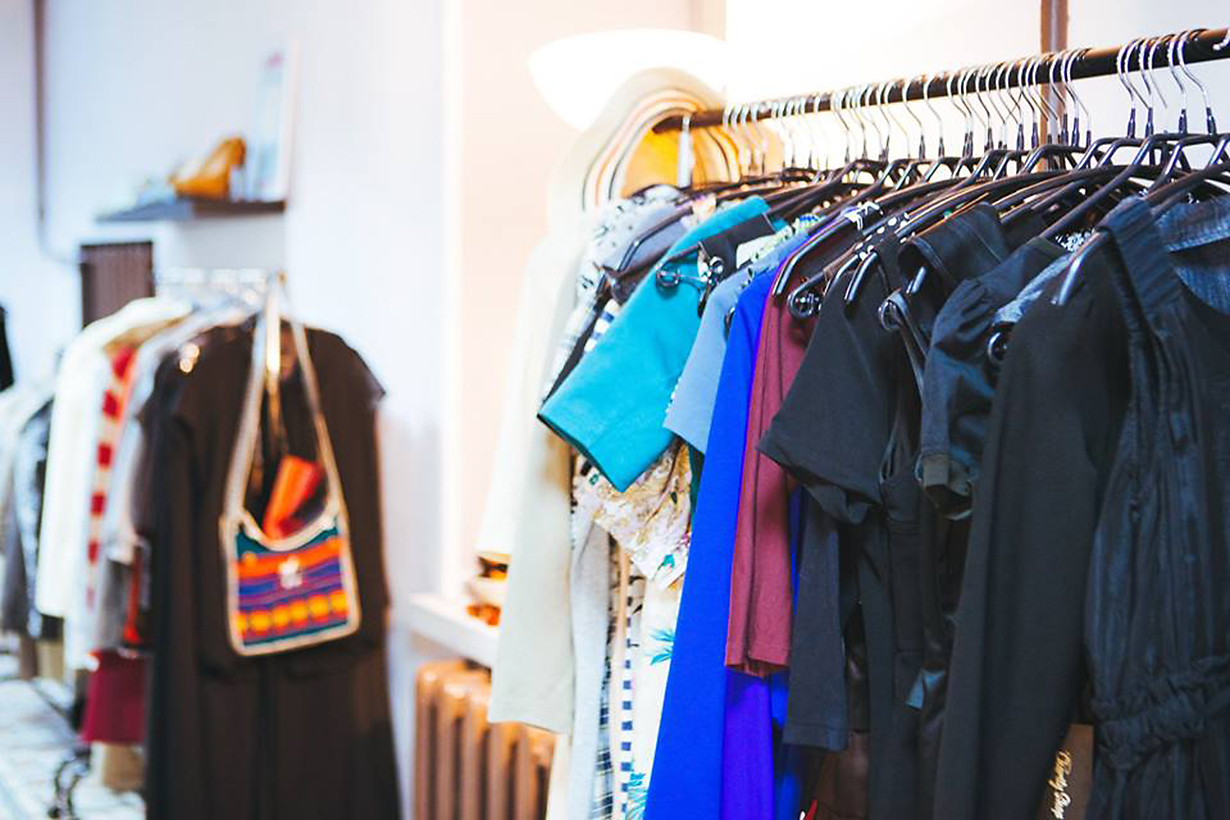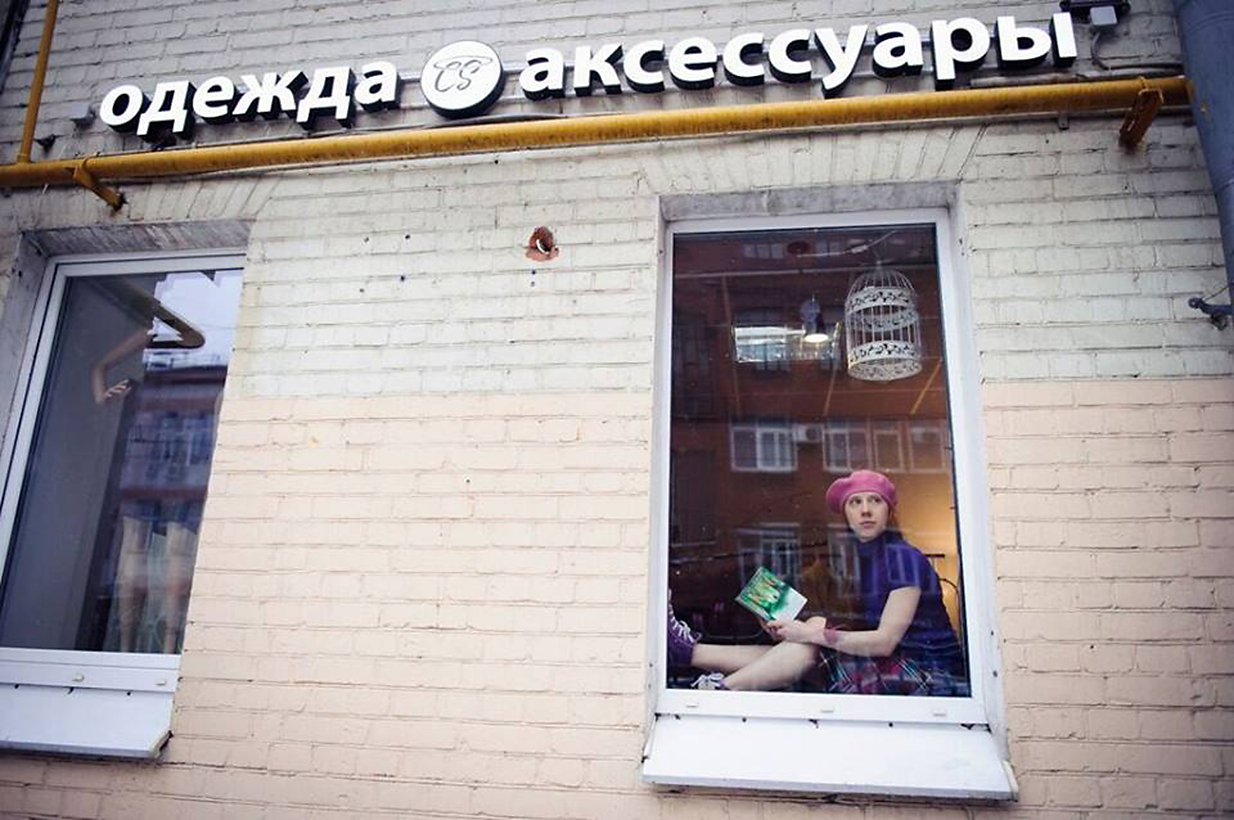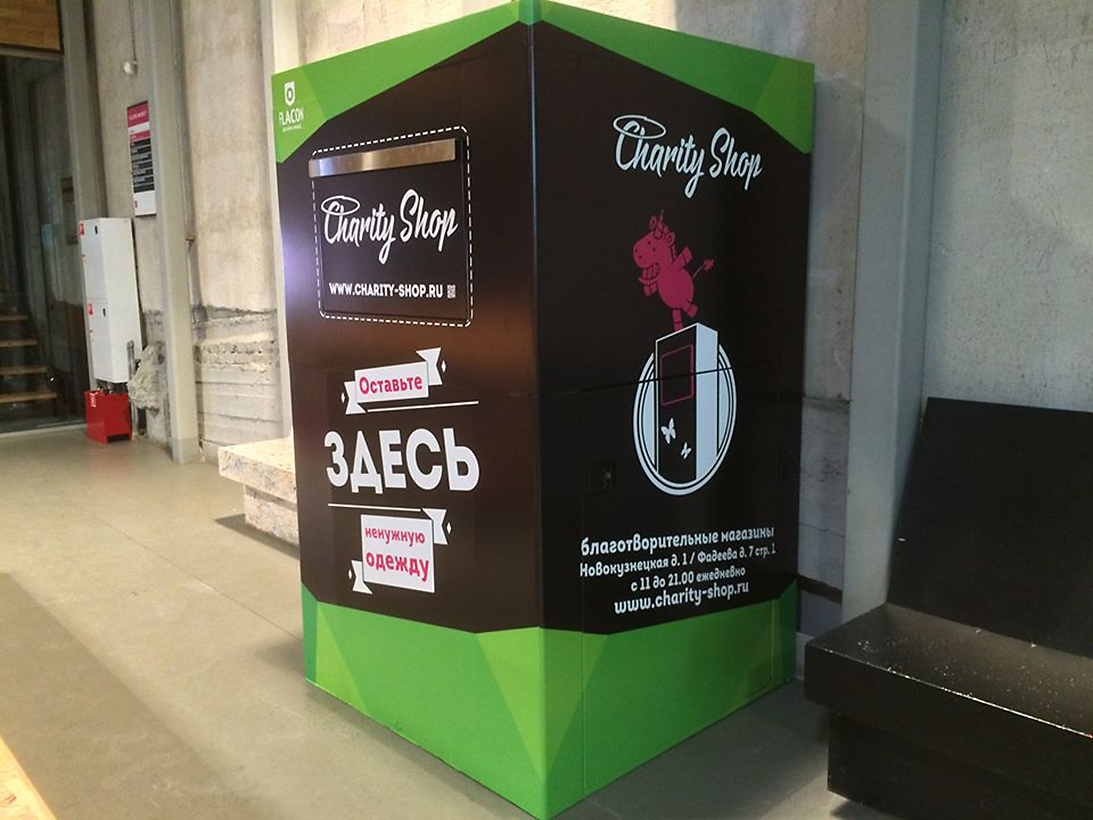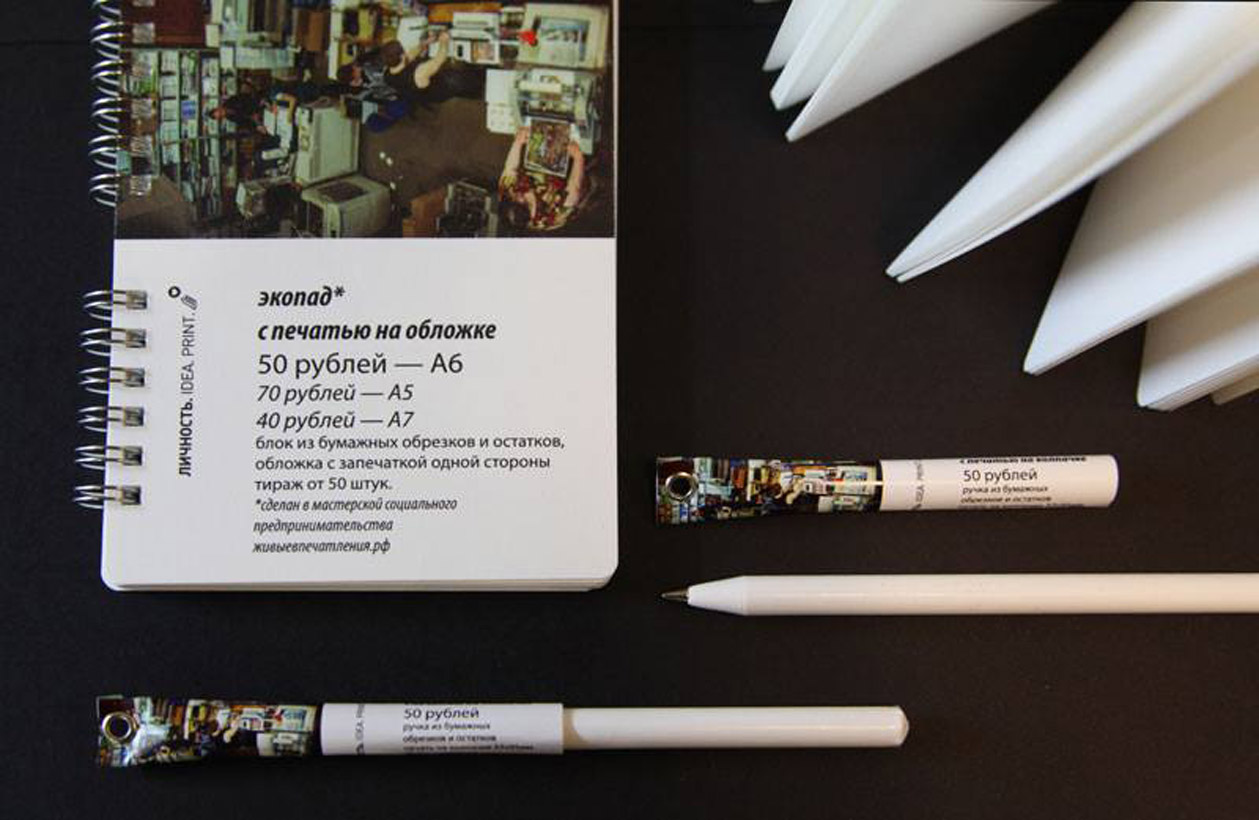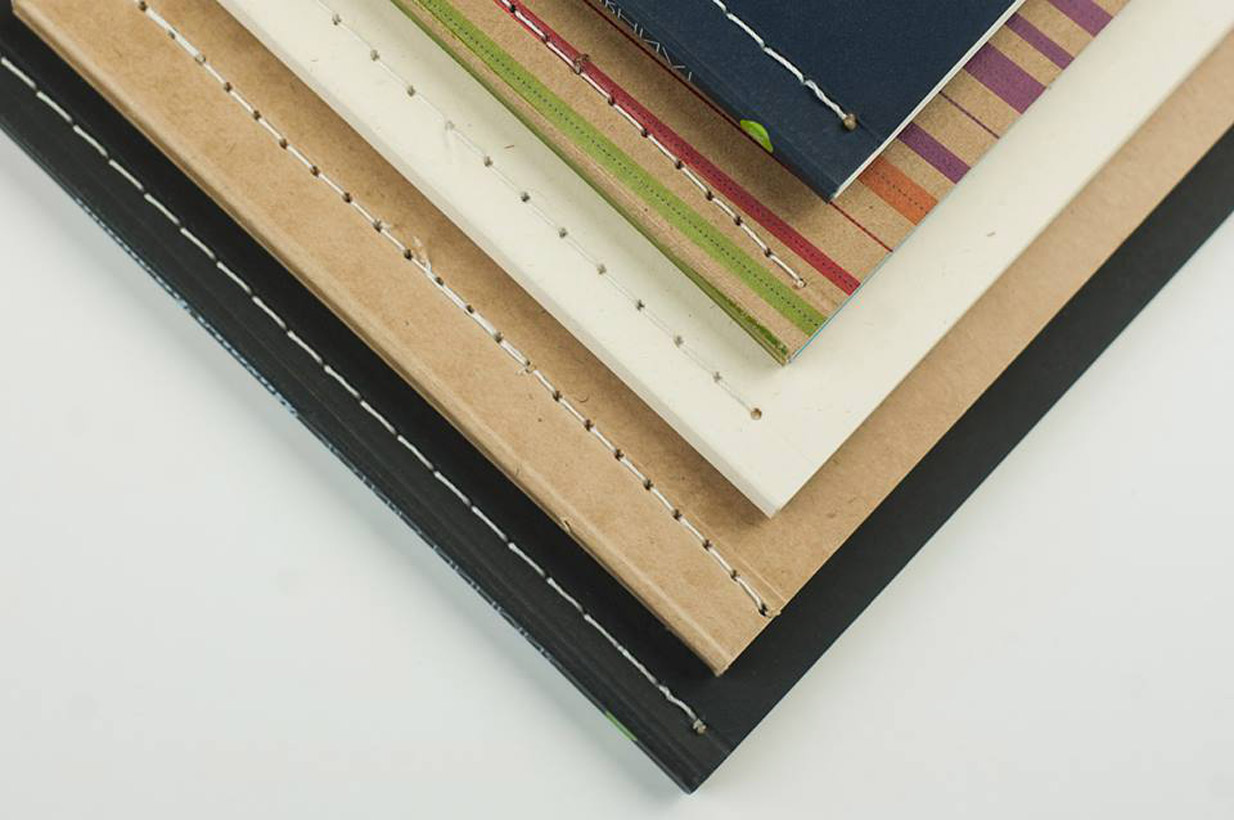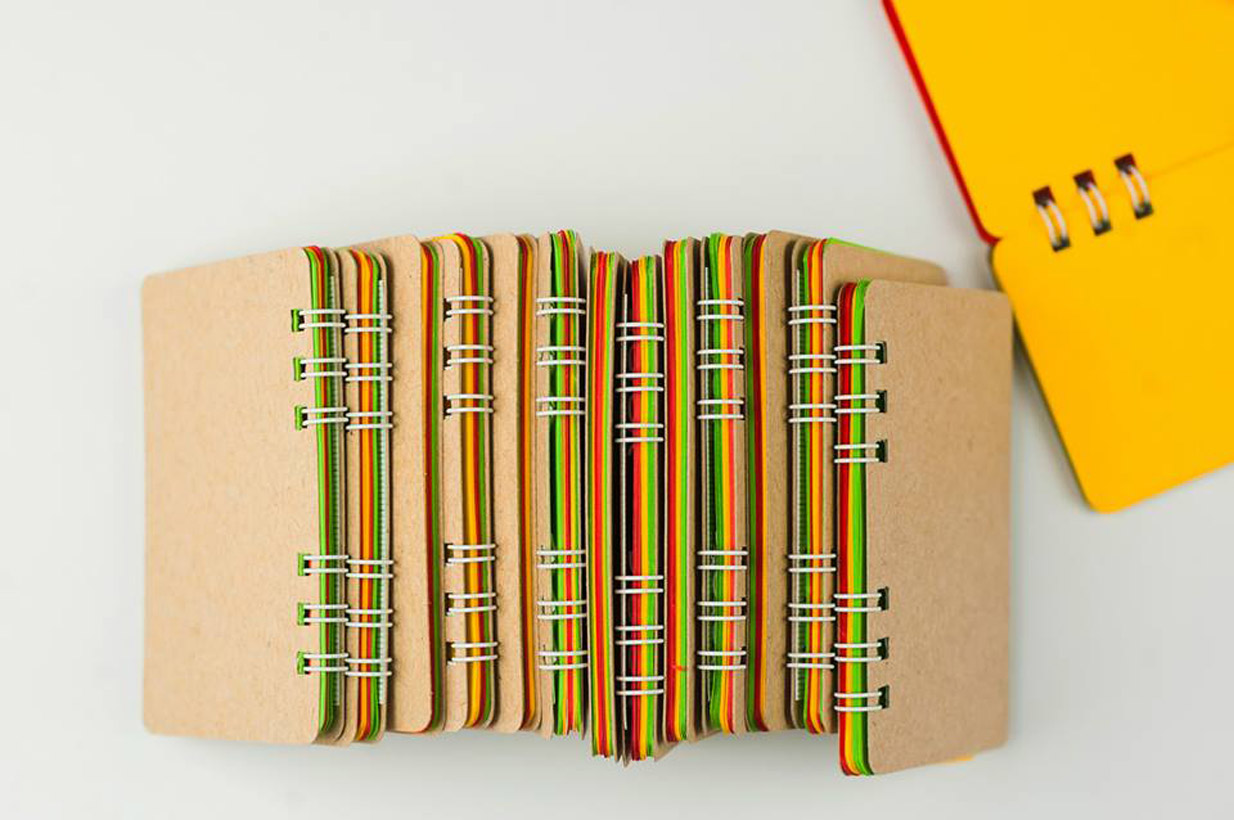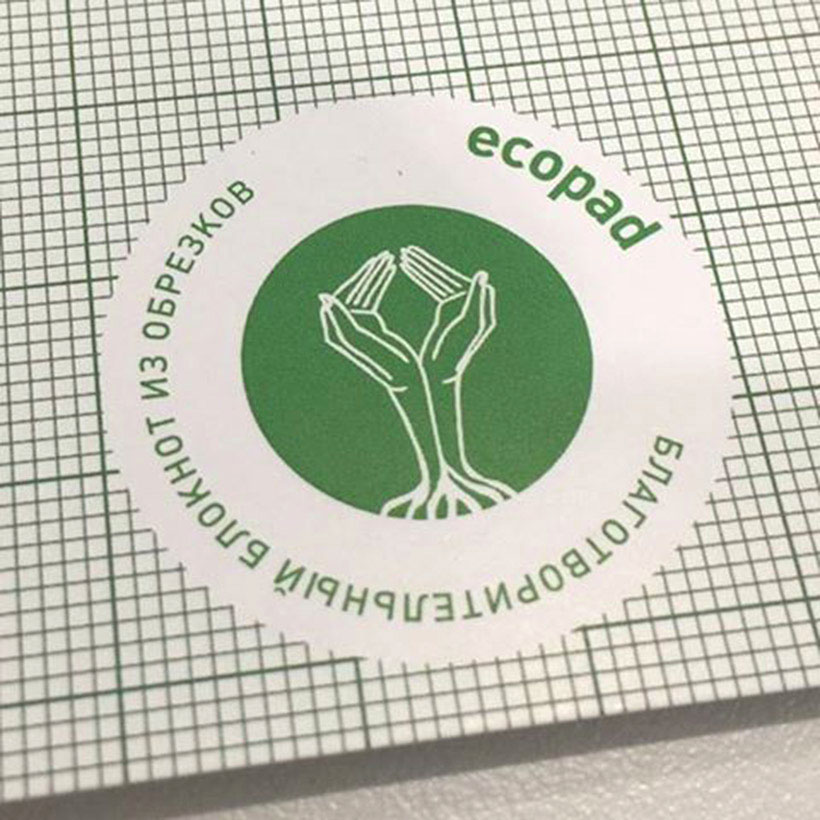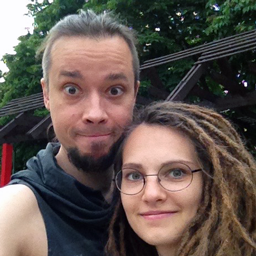
Denis and Sasha
Bureau Verstakco-founders
SEPARATE WASTE COLLECTION ¶ Denis and Sasha's personal experience
When you ask people why they don't collect waste separately, the most frequent answers are:
What for? Good question, but it has nothing to do with our topic, so let's skip it.
I don't believe in it. Another good idea but why not to choose 'Credendo vides', or do it and you will believe strategy.
I have no storage. Let's talk about it!
But first let's give our discussion a frame. What we can collect separately: plastics, paper, batteries, bulbs, tin cans and aluminum cans, old clothes and glass.
There is a lot of collection stations around Moscow and even special projects that have maps with all stations charted. Unfortunately, multicolored containers didn't come to every backyard so you have to be patient and persistent. You will likely spend some time on transportation of your waste to the collection station every week.
1. The truth is out there. If you are not a rare wines taster or canned fan, then most likely metal and glass containers will accumulate at your place not quick. Here come the desire to just throw the bottles into the bucket, but it is better to rewound simple portable plastic box and put it on the balcony. It won't get lots of space, but the bottles and cans will be slowly accumulated outside your living area. Remember that not only wine and spirits bottles and cans could be recycled. You can store all sorts of bottles, even broken.
2. When the energy is over. The best way to collect dead batteries is to put them in a jar and close the cover. If you do not realize the reason for the last advice try to open and snuff the storage after six months or a year — after a while batteries and accumulators leak and emit very unpleasant substances. When the jar is full with a 'canned' batteries bring it to the collection point. (Find out the exact address and terms of the station, before you go!)
3. The irrelevant press. It is more or less clear how to store waste paper: fold a stack — ready. For example, we store it in large carton packet. By the way, do not put in this trash containers from eggs, checks or napkins — they do not take them into processing in Russia.
4. Clothing and raggery. There are special collection stations, too, you only need to bring all your clothing (even the most ragged) clean. Fortunately, you can always use a washing machine.
5. Plastics hit the charts. Here we have a real problem — a plastic container is the major part of our waste. All kinds of trays, jars, bags and parts of everything. We have brought a separate plastic bucket (simple plain-paper basket), which we bring to a special container once a week. To avoid any disagreeable odour, we throw it in a dishwasher first.
Now the main questions are where and how. We are lucky — a company engaged in the garbage removal in my district put a lot of plastic containers and a number of separate waste collection points around. The containers are netted, so it is clear what to throw in each. The situation with collection points is not so obvious. Firstly, each of them has restricted hours of operation, and secondly, even in these hours they can be unavailable. So verify with the timetable of the nearest point on the company's website, or your hike with full bags will come to nothing.
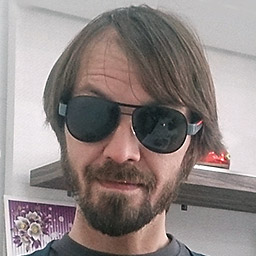
Ruslan Molkov
PR-specialist,Hartiya
HOW TO DO GLOVES-OFF ¶ How to separate waste for a processing
— What types of plastic can be thrown in Hartiya's containers labeled 'plastic'?
— Everything, because our sorting complex has mandatory extra sorting procedure. It involves the selection of fractions by processers. Manual extra sorting is a common practice used even in European Union. Then we compress the plastic and transmit it to the processor, which turns it into the pellets, which then become new packaging.
— What you can not accept?
— Plastic bags and Tetra Pak packaging. Employees of Hartiya are working hard to make Tetra Pak acceptable, but it is quite time-consuming process. Moreover, with the onset of the crisis processers demand for them fell and Tetra Pak recycling became unprofitable. We do not accept any undermined paper, receipts, napkins, batteries, thermometers, bulbs, packaging trays, yogurt cups too. In the meantime, Hartiya participates in the promotion of separate collection of hazardous waste such as waste chemical sources of electricity: programs curated by Natural Resources and Department of Environmental Protection such as 'Batteries, surrender!' give us a role of technical partner. For 'Batteries, surrender!' we placed special containers in three hundred city schools.
— Do you accept broken glass?
— Yes, we do. In fact, Hartiya accepts broken glass only because processers accept only broken glass.
— How do you transport waste?
— Once a week, usually on Saturdays, clean empty trucks come and take the containers. They collect plastic only so rubbish do not mix. You can come to the station and we will show you the whole process. A mobile station is a specially equipped 'Gazelle', which transport all the waste to extra sorting.
— What are you future plans?
— We faced the need to promote separate waste collection on a massive scale. The number of conscious people, who collect garbage separately, is limited, and we will not see commercial volumes of recycled materials for a long time if we do not put our hands on it now. All necessary infrastructure is ready. We are planning to create a universal collection station. We have an arrangement with the local authorities also and we will install special points for every fraction in one of Moscow's districts and accept any type of waste, including batteries. It is quite difficult technologically, time-consuming and potentially environmentally dangerous. Therefore, the project is in development. Moreover, Hartiya will increase the number of its containers. We are sure that containers are the way of a separate waste collection’s development. The only problem is its limited area, and to put more containers is not enough. We need to achieve concrete results to get this issue to the governmental level.

Alex Barinskiy
Founder of Svalka.meOLD STUFF ¶ Svalka.me
Once my wife Ira and I moved out and faced a problem: we discovered a bunch of unnecessary things like clothing, electronics, books, and souvenirs from trips — it is easier to say what you could not find in this pile. Placing each item on the online flea market, meeting buyers, bargaining— rather dull picture, isn't it? So we came up with the idea of service, which would come and took away everything at once. This is how we set up svalka.me.
It is pretty easy: you mail us (inbox@svalka.me), we offer you a suitable time and your reward, then our couriers come and take everything away. That is it. If the thing is in a good condition we can sell it via our online-shop shop.svalka.me or at the flea market we have every Wednesday and Saturday. Moreover, we have a little studio where we repair some things and we have partners who make a specialty (e.g. furniture refinishing).
Things that do not have a commercial, artistic or historical value go to our other project, debosh.me, where we prepare them for recycling with fun and music. 70% of our profits we give to charity with the help of 'Dobro Mail.ru'. We started to work with them a few months ago.
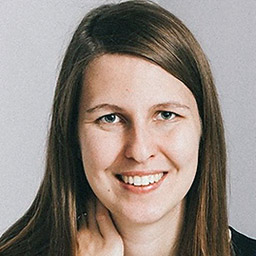
Daria Alekseeva
Founder of Charity ShopUNWANTED CLOTHING ¶ Charity Shop
The most important thing in our work is that we can make anything useful. Your grandmother's coat, father's training pants, T-shirts full of holes — all comes into play. We accept expensive things and shameful mistakes of your last shopping too — anything that does not fit or lose its attraction. We will get the maximum benefit out of it.
Charity Shop is a social business, project based on a sustainable business model. We accept unwanted clothing, carefully sort the items in stock and divide into three groups. Things in a better condition are to sell in our charity stores, good ones go to the beneficiaries. The remaining we send for processing.
Who works on the project? The graduates of orphan asylums, people with disabilities, ex-homeless. Altogether, 9 of 22 of our employees are people with a difficult past, and we hope that this work will give them a chance for a better future.
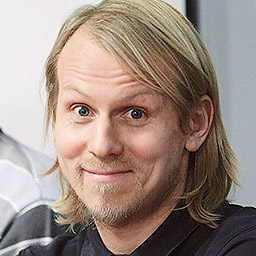
Sergey Popov
Owner of IdeaprintPRINT ¶ Ideaprint
In 2008 we faced with the requirements of 'a certificate confirming the responsibility of the business' from foreign companies for the first time. We were interested in this issue, trying to get the meaning and it turned out that for many customers certificates are simple formalities, while they do not care what is our organization is about. We care.
That is why we print on recycled paper, try to recycle waste in an original way and create jobs for it. We do not print materials that are destructive for both the society and the individual.
Once we had a task to print car stickers with a provocative 'viral' design. However, during the discussion with the client, it became clear that it would be difficult to predict how these stickers will act on people. They could carry strife and aggression toward certain segments of society. As a result, the client thanked for the fact that we helped him open that nuance and forgot his idea.
This topic is a key point of our business. We created a special sing 'GreenPrinter/responsible printing' and put it on every item we produce.
THE END OF THE BEGINNING ¶
We used to take our big cities as dirty and unfriendly place and even pay money to make other people clean it up. However, the ability to change everything is in our hands, isn't it? Why not to start doing it right now? The main thing is to start.
Join us!

